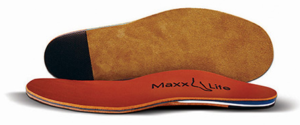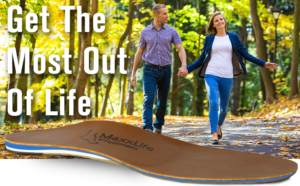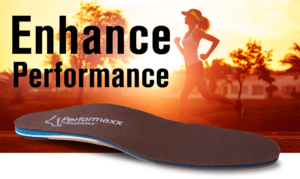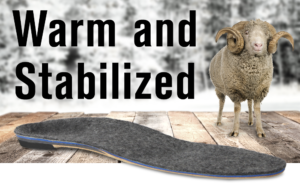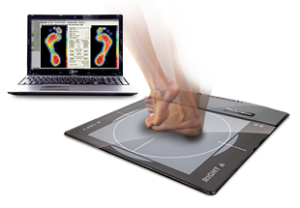Are custom orthotics right for you? Take this simple test!
- Do you walk or stand on hard surfaces for long periods of time?
- Do you suffer from lower back pain or shin splints?
- Do you participate in any physical activity, including sports?
- Do you have any prior injuries to your knees, back, or neck?
- Do you suffer from arthritis or diabetes?
- Do you have bunions or plantar fasciitis?
If you said YES to any of the above, schedule an appointment with Dr. Sappington about how custom orthotics can improve your day-to-day activities!
What are custom orthotics?
Custom orthotics are specifically-made devices designed for the way you move and they match the contours of your feet precisely. Orthotics are only manufactured after a podiatrist has conducted a complete evaluation of your feet, ankles, and legs, so the orthotic can accommodate your unique foot structure and pathology. Unlike shoe inserts, orthotics are molded to fit each individual foot, made of top-notch materials, and last many years when cared for properly. They are firm yet flexible, providing control and support, as well as all-day comfort.
The Path to Happier Feet!
- Schedule a consultation with one of Highlands Foot & Ankle podiatric surgeons.
- During your visit, you and the podiatrist will discuss the problems you are enduring to see if orthotics are the best fit for you.
- Once orthotics have been mutually agreed upon, our staff will contact your insurance company to see what portion they will cover.
- You will then walk across our Metascan pressure mat, which scans the stance phase of gait at 150 images per second.
- The podiatrist will assess your dynamic, static, and postural scan to decide the best orthotic fit to meet your needs.
- On your next visit, usually within 2-4 weeks, the podiatrist will deliver your orthotics and make any needed adjustments to ensure they fit properly in your footwear. The podiatrist will also provide you with specific instructions on how to properly break-in the orthotics.


